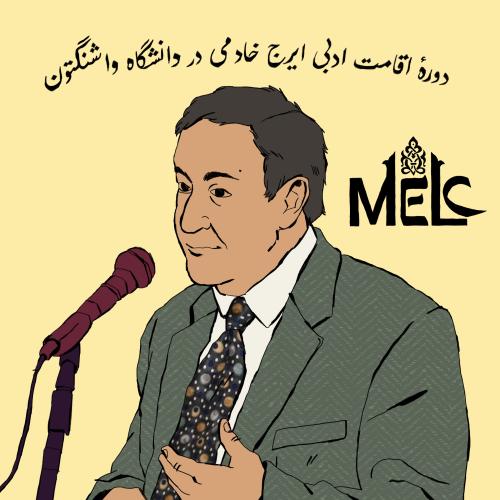
by Rick Aguilar | November 18, 2024
"I don't remember exactly whether my youth ended, and then the USSR, or if it was the other way around. But I do know that those two things are connected. Now I'm left here between two truths: the truth of the land, and the truth of the sea" —Mothersland
After the Soviet Union’s collapse, the newly formed Republic of Uzbekistan set out to erase traces of Tajik Persian from its cultural fabric, targeting cities like Samarqand and Bukhara—historical hubs of Persian literature and scholarship. Fearful of persecution, many surrendered their Persian books, while others risked everything to save them from being burnt. Uzbek was proclaimed the sole national language in this linguistically rich region, leaving no room for Tajik Persian.
Samarqand-born writer Shahzoda Nazarova recalls how Perso-Arabic script books were banned by the state. Tajiks, who put a Divan of Hafez in their children’s pillows for their kids’ safety (a practice more commonly done with the Qur’an), could now only own a Cyrillic copy of the poems. When she learned thousands of Persian books were going to be turned into ashes, Shahzoda worked day and night (and spent a massive sum in shipment costs) to mail hundreds of Persian books out of the country to a U.S. university where a Persian studies professor promised her a safe haven.
Fast forward to Tuesday, November 12, Shahzoda arrived in Seattle on her first visit to the United States and reunited with these books at the University of Washington’s Suzzallo Library. For Shahzoda, a writer still navigating a homeland hostile to her Tajik roots, the moment was deeply moving. “I don’t know how many boxes I mailed from Samarqand made it to Seattle,” she shared, “but I am grateful many did.” Credit for their preservation also goes to former MELC professor Ahmad Karimi-Hakkak and librarian Mary S. St. Germain. While Dr. Karimi-Hakkak left the UW in 2004, Mary remains a steadfast champion of our Middle Eastern collections to this day.
Shahzoda’s journey to the U.S. was part of a week-long Persian literature residency funded by the Iranian community in honor of Iraj Khademi, a beloved advocate for Persian studies and organizer of Bellevue’s cherished Persian Poetry and Music Workshop. Joining Shahzoda were Afghan novelist Asef Soltanzadeh and Laura Catterson, a doctoral candidate at UC Davis’ comparative literature program. Together, they took part in events across Seattle, met with community members, and explored the UW campus.
